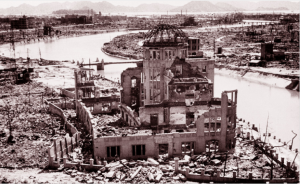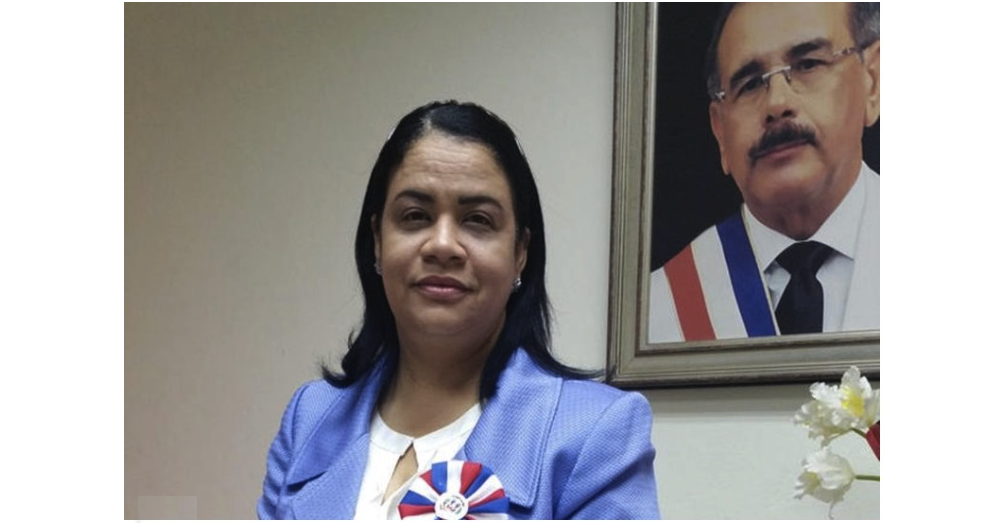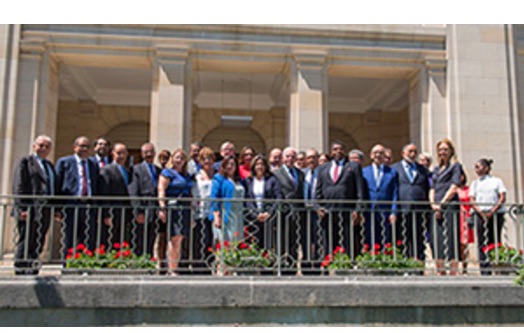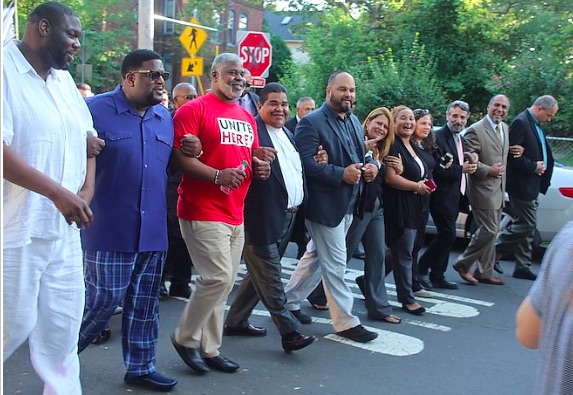In recent months, we have been following the United Nations initiative for a treaty banning nuclear weapons.
On July 7, the treaty was adopted by a majority of the UN General Assermbly – 122 countries.
Although the treaty is an “important victory for our shared humanity“, its effectiveness is limited, because the UN delegations from all of the countries with nuclear weapons as well as most of their allies boycotted the conference and many of them announced their opposition.
On the other hand, last month we saw that with regard to nuclear weapons, cities do not agree with their national governments. The United States Conference of Mayors demanded that the US participate in good faith in the negotiations and they urged mayors to join Mayors for Peace, the global organization opposed to nuclear weapons with a goal of 10,000 member cities by 2020. Mayors for Peace represent many of the largest cities, not only in the United States, but also in the other countries with nuclear weapons.
And this month we see that, in this matter, parliaments do not agree with their governmants either. The Parliamentary Assembly of the OSCE, which includes many of the nuclear countries and their allies, adopted a Declaration which “Calls on all countries to participate in UN negotiations on nuclear disarmament and to pursue the adoption of nuclear risk reduction, transparency and disarmament measures.” The European Parliament took a similar position at the beginning of the UN negotiations last year.
We are still far from nuclear disarmament as a result of this treaty, but as Richard Falk reminds us, we have historical precedents to be optimistic: “to convert this text into an effective regime of control will require the kind of deep commitments, sacrifices, movements, and struggles that eventually achieved the impossible, ending such entrenched evils as slavery, apartheid, and colonialism.”
A key role can be played by parliamentarians. An Action Plan, which has been developed by Parliamentarians for Nuclear Nonproliferation and Disarmament in consultation with the Inter-Parliamentary Union, includes 14 key nuclear disarmament actions that can be taken by parliamentarians. Similar actions are proposed by the organization “UNFOLD ZERO” to make the nuclear ban treaty effective.
Previously we have seen how cities are promoting a culture of peace above and beyond the policy of their national governments. This month we see the similar potential of parliaments.
In the Middle East, despite the lack of movement towards peace by the governments of Israel and Palestine and their neighbors, the parliamentarians from those countries have succeeded in working together for an agreement to share water resources in the region. This has been supported by the Inter-Parliamentary Union.
In Africa, a recent meeting of the Pan-African Parliament continued working on the concept of a Pan-African passport as well as initiatives to open the borders of the countries of Africa to trade and travel by all Africans. A Pan-African union could be based on a culture of peace rather than culture of war if based on the tradition of peace-building by Nelson Mandela.
And in Mexico, the Senate-sponsored Seminar on Violence and Peace: Diagnoses and Proposals for Mexico includes several sessions on the culture of peace. One concerns the United Nations Program of Action for a Culture of Peace and another concerns Culture of Peace and Environment.
Finally, there is increasing demand for a United Nations Parliamentary Assembly.
For more than twenty years the European Parliament has been pushing for a UN Parliamentary Assembly, and last month in its annual recommendations to the United Nations, it repeated the request.
Last November, an international conference of around 300 chief justices, judges, legal experts and ambassadors from nearly 60 countries predominantly from the Global South adopted a declaration that called on heads of states and governments to convene a world summit “to consider the present grave global problems facing mankind” and “to work for establishment of a World Parliament to enact enforceable World Laws, a World Government, and a World Court of Justice.”
This echoes a declaration made last year by the Pan-African Parliament that called on the African Union and Africa’s governments to support the creation of a United Nations Parliamentary Assembly “to strengthen democratic participation and representation of the world’s citizens in the UN” and to “contribute to strengthening democratic oversight over UN operations, particularly in Africa.”
The potential and problems for establishing a United Nations Parliamentary Assembly is explored in a recent meeting that included representatives from regional parliaments, the Inter-Parliamentary Union, the Campaign for a UN Parliamentary Assembly and academia.
In sum, when we listen to cities and parliaments, we realize that there is an alternative to the nation-state and its culture of war. A better world is possible!
|
DISARMAMENT AND SECURITY |
TOLERANCE AND SOLIDARITY |
DEMOCRATIC PARTICIPATION |
SUSTAINABLE DEVELOPMENT |
|
WOMEN’S EQUALITY |
HUMAN RIGHTS |
FREE FLOW OF INFORMATION |
EDUCATION FOR PEACE |







